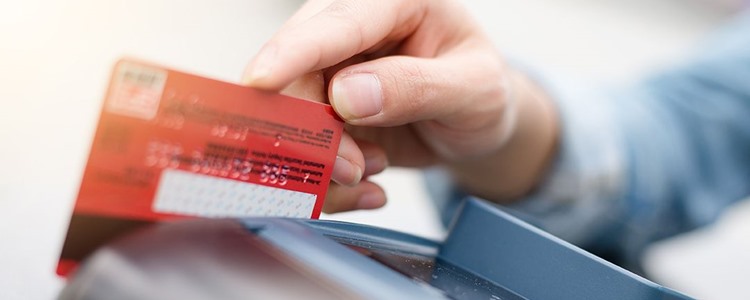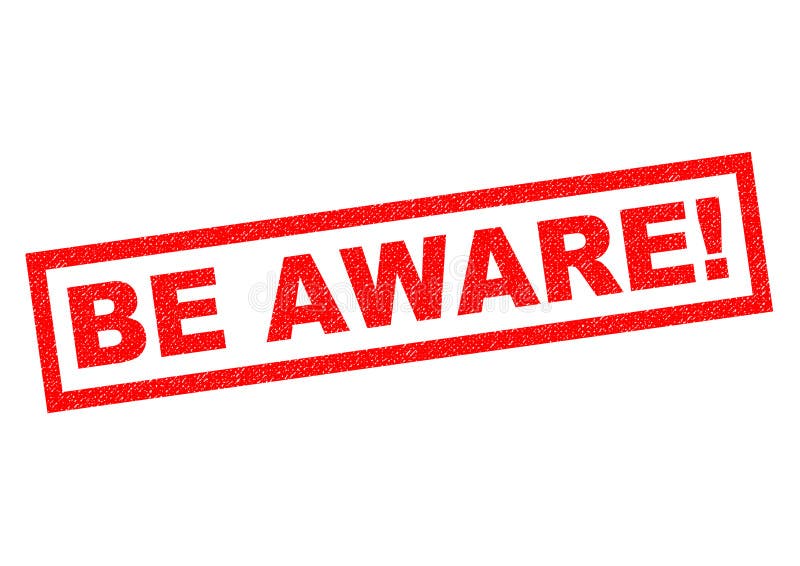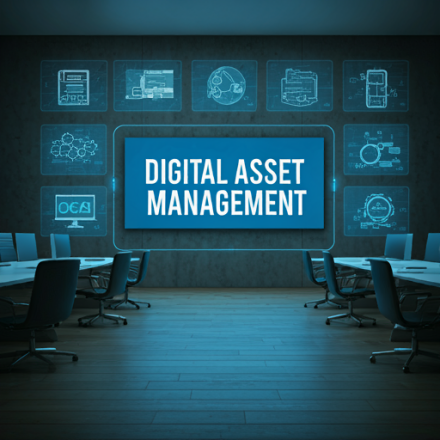
Credit cards are great tools because they are convenient, secure, and offer valuable rewards and bonuses, but they can present a number of problems if improperly used. People should be able to use credit cards wisely so that they do not end up indebted while enjoying their use and having a good credit limit. Below are helpful guidelines that will assist you in using your credit card correctly.
1. Pay Your Balance in Full Every Month
Most recommend not carrying a balance and paying off the card in full each month to avoid credit card debt. Carrying a balance incurs interest, which starts building up very quickly. This way, you do not incur any interest, and it positively impacts your financial status.
2. Track Your Spending

One common issue with credit card usage is that you need to see the money leaving your hands. Guard your purchases by wrapping them on the alert services or using particular budgeting applications. By closely checking your spending habits, you can adhere to a certain financial plan and will not likely reach your credit limit.
3. Never Take Your Credit to Your Limit
Held credit should not be utilized to this extent as it will reduce your overall score. Credit card issuers suggest keeping the factor to the barest level, below a third of the total revenues. Therefore, any card you activate with a $1,000 credit limit should be utilized at a maximum extent of $300. Having a low balance demonstrates to the lenders that you are a creditworthy client to lend to.
4. Use Rewards Wisely
Nearly all credit cards have some incentive tied to cash back or points toward travel and purchases. However, they should never be allowed to incite more spending than is necessary simply because of the possibility of earning points. Make purchases you would make anyway, and then cash in your rewards in the most valuable way.
5. Set Up Automatic Payments
You should always avoid missing a payment for any reason, and the best way to do this is to set automatic payments for at least the minimum amount due. By failing to pay an instalment, you might pay more for late charges and inflated rates, besides reducing your credit score. Automatic payments give security and prevent such outcomes.
6. Be Aware of Fees

Common fees associated with credit cards include the annual fees, late fees and foreign transaction fees. Try to get your facts straight about your card, especially fees charges for services you may not require. For instance, making your bill payment on time and using cards that don't attract transaction fees when travelling can help you save money.
7. Recurring Statements Should Be Reviewed
There should always be a habit of going through the statements relating to credit cards to confirm any charges. This way, you can detect any forged transactions or billing issues on an earlier notice. Any mismatch you encounter should be reported to the credit card issuer immediately.
Conclusion
The main and essential aspects of using credit cards are monitoring your spending, paying on time, and keeping the balance small. Following these measures would help create a good credit record, avoid debt, and get the optimum benefits of credit cards. You should take control of your credit card usage to ensure that you do not fall into financial difficulties and make good financial plans in the future.





